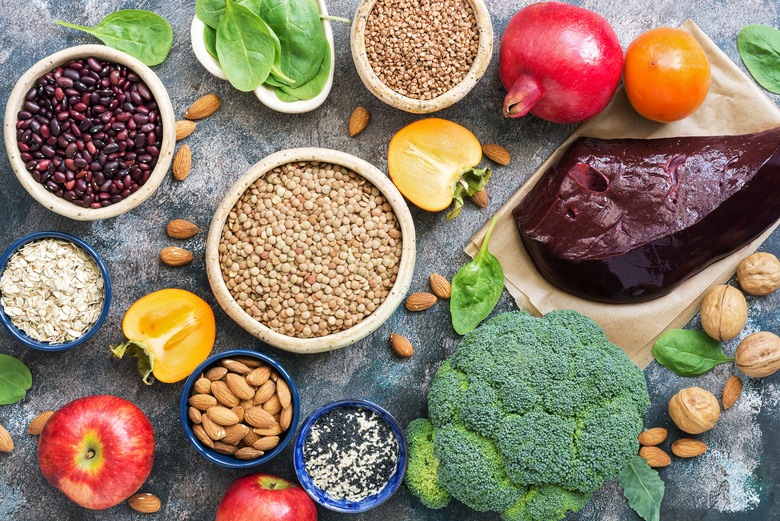What's Iron Deficiency And Why Is It So Common?
According to the World Health Organization (WHO), iron deficiency is the most common and widespread nutrient disorder in the world. In fact, more than 30% of the world's population is anemic, many due to low iron.
Vitamins You're Probably Missing
Iron deficiency anemia, as the name implies, happens because of insufficient iron. Without enough iron, your body can't produce enough hemoglobin in red blood cells, which is what enables them to carry oxygen throughout the body. As a result of depleting hemoglobin, iron deficiency anemia can leave you feeling tired, short of breath, weak, dizzy and a host of other symptoms.
However, you can still be iron deficient and not anemic as it only takes a tiny dip in natural iron stores to experience some of the symptoms.
Iron deficiency is also a lot more common in women than it is in men, and it's the only nutrient deficiency that is significantly prevalent in both developing and industrialized countries, according to the WHO.
According to health experts, the reason it's so common is because our bodies can't make their own iron, so we have to absorb it from the foods we eat. And for women, although diet can play a role in iron deficiency anemia, it's made even worse by heavy menstrual periods.
The good news is there are things women can do to boost their iron intake and foods they can eat to make up for the loss.
When it comes to iron, there are two types: heme iron and non-heme iron. The latter comes from plant sources like beans and lentils. Other sources include beets, mustard greens, kale, leeks, spinach, Swiss chard, nuts, seeds and whole grains.
Heme iron, on the other hand, is found in animal products that originally contained hemoglobin, such as beef, red salmon, sardines, poultry and eggs.
Your body absorbs the most iron from heme sources, and women should aim to eat lean meat or eggs at least once a week. And if you're vegetarian, load up on non-heme sources and pair them with a vitamin C source to boost absorption.
Iron is just one part of a healthy diet. Here are the other foods every woman should eat at least once a week.
